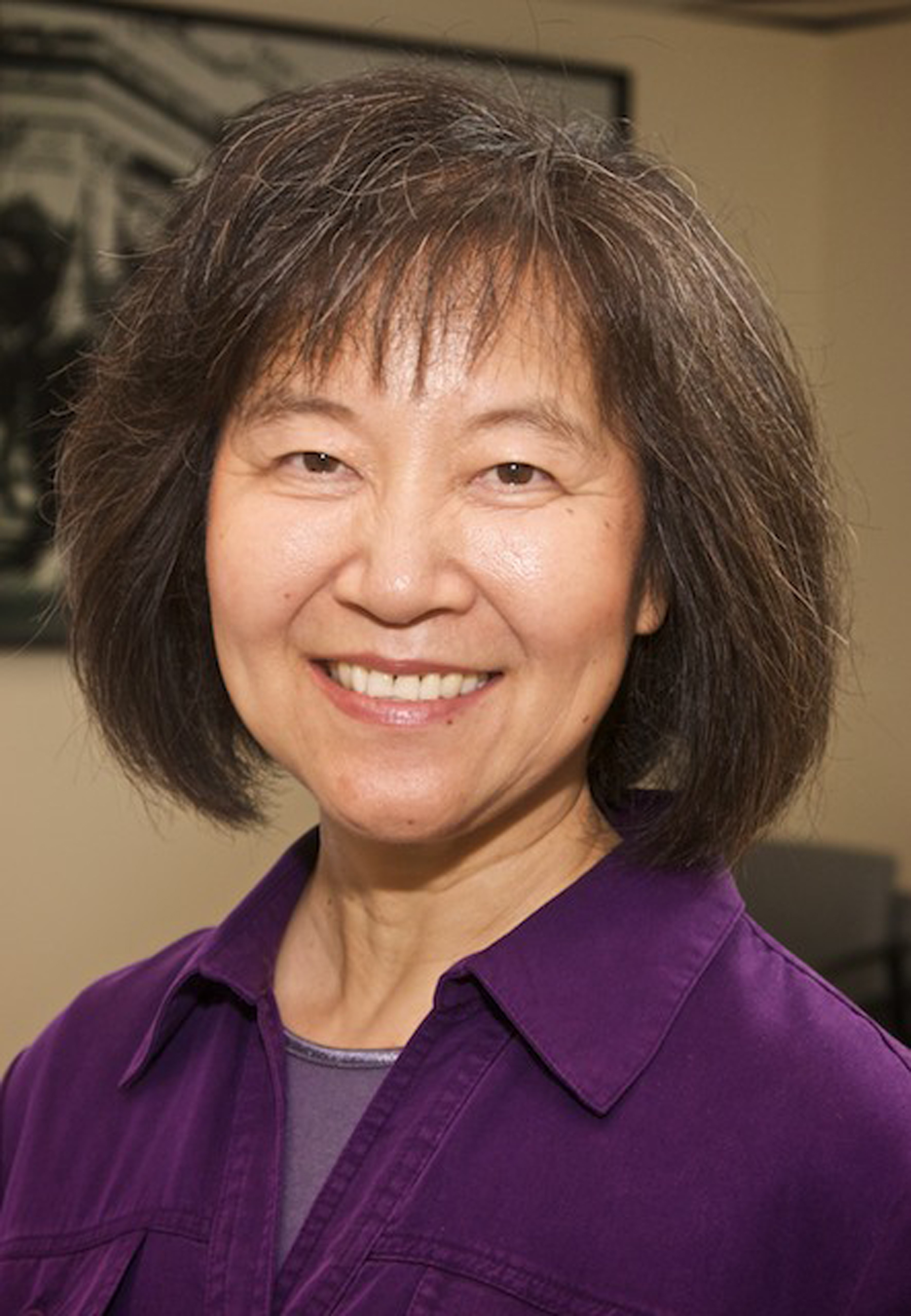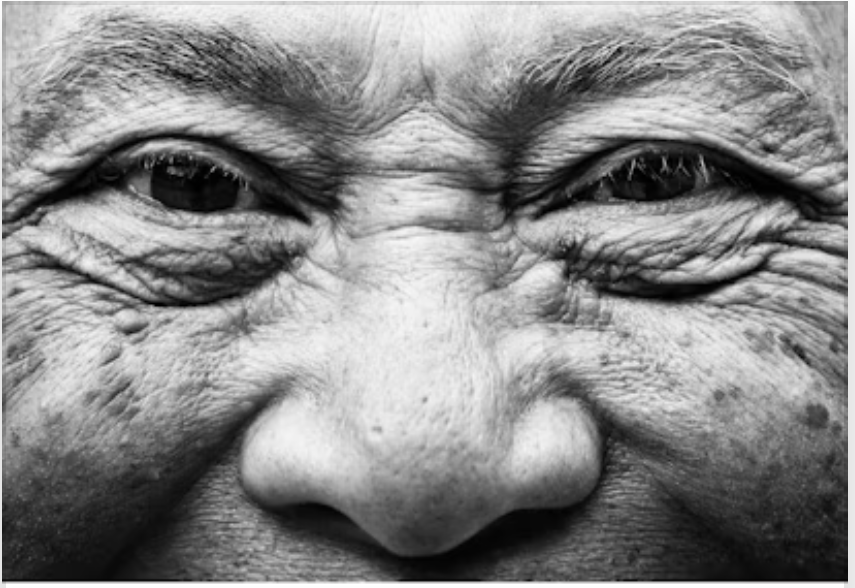
UCSB Asian American Studies Scholar Explores Social Hierarchies Among Chinese Americans
The Immigration and Nationality Act of 1965 has changed the demographic composition of the Chinese American community in significant ways. Under provisions for family unification and for certain skilled labor and professionals, more than one million Chinese gained entry to the United States in the last three decades of the 20th century. The ethnic community grew at an unprecedented rate, and as the Chinese population increased, a new social hierarchy among Chinese Americans emerged.
Xiaojian Zhao, associate professor of Asian American Studies at UC Santa Barbara, provides a detailed and comprehensive study of contemporary Chinese America in her new book, "The New Chinese America: Class, Economy, and Social Hierarchy" (Rutgers University Press, 2010). Using class analysis, she examines the difficulties of everyday survival for poor and undocumented immigrants and their relationships with their middle-class compatriots. The book also explores the process through which social mobility occurs.
Utilizing ethnic ties, the Chinese in the United States have established a thriving economy of their own that serves employers, workers, and consumers. This ethnic economy gives business owners access to low-cost immigrant labor; provides a means of making a living to individuals who are shut out of the mainstream job market; and allows consumers to enjoy high-quality goods and services at bargain prices. While the growth of the ethnic economy enhances ethnic bonds by increasing mutual dependencies among different groups of Chinese Americans, it also determines the limits of possibility for various individuals, depending on their socioeconomic and immigration status.
Zhao's perspective is a novel one in Asian American historiography. "In the past, studies of Chinese Americans have mostly focused on their achievements –– both academic and professional," she said. "There has been a tremendous effort to show that Chinese Americans have successfully assimilated into American society, despite discrimination, an effort to rebut negative stereotypical images of Asians created during the era of exclusion."
"Issues concerning the less privileged are often downplayed because revealing less positive aspects of the community can be seen as politically problematic," she continued. "In that sense, Asian American scholars have also contributed to the creation of the ‘model minority' image."
According to Zhao, very few scholars have paid attention to people who didn't do as well –– the immigrant workers, especially undocumented immigrants, whom she sees as the "Chinese American underclass." This social group remains at the bottom of the ethnic social hierarchy, seemingly invisible to people outside the community, and largely neglected by academics.
This Chinese American underclass includes both illegal immigrants and individuals who entered the United States through legal channels –– with passport and visa. The latter remained in the country after their visas expired. Some of the undocumented immigrants are well-educated and highly skilled, but their legal status makes the mainstream job market off limits to them. They are forced to rely on the ethnic economy, often taking jobs that pay very low wages and put them somewhat at the mercy of their employers.
"It can be very difficult for the undocumented immigrant who has no recourse if the work situation is problematic," she said. "There are no unions and no legal protections in place for them."
Most scholars have argued that the ethnic economy is mutually beneficial to employer and employee, and Zhao agrees with them for the most part. "Without the ethnic economy, many new immigrants wouldn't be able to find work, which would make it difficult for them to survive," she said. "However, it would be problematic to think of survival as the same thing as freedom. There has been considerable inequality between the more privileged and more disadvantaged participants in the ethnic economy. Maintaining a silence on the underprivileged, to say the least, is to conceal such inequality within Chinese America."
Related Links



